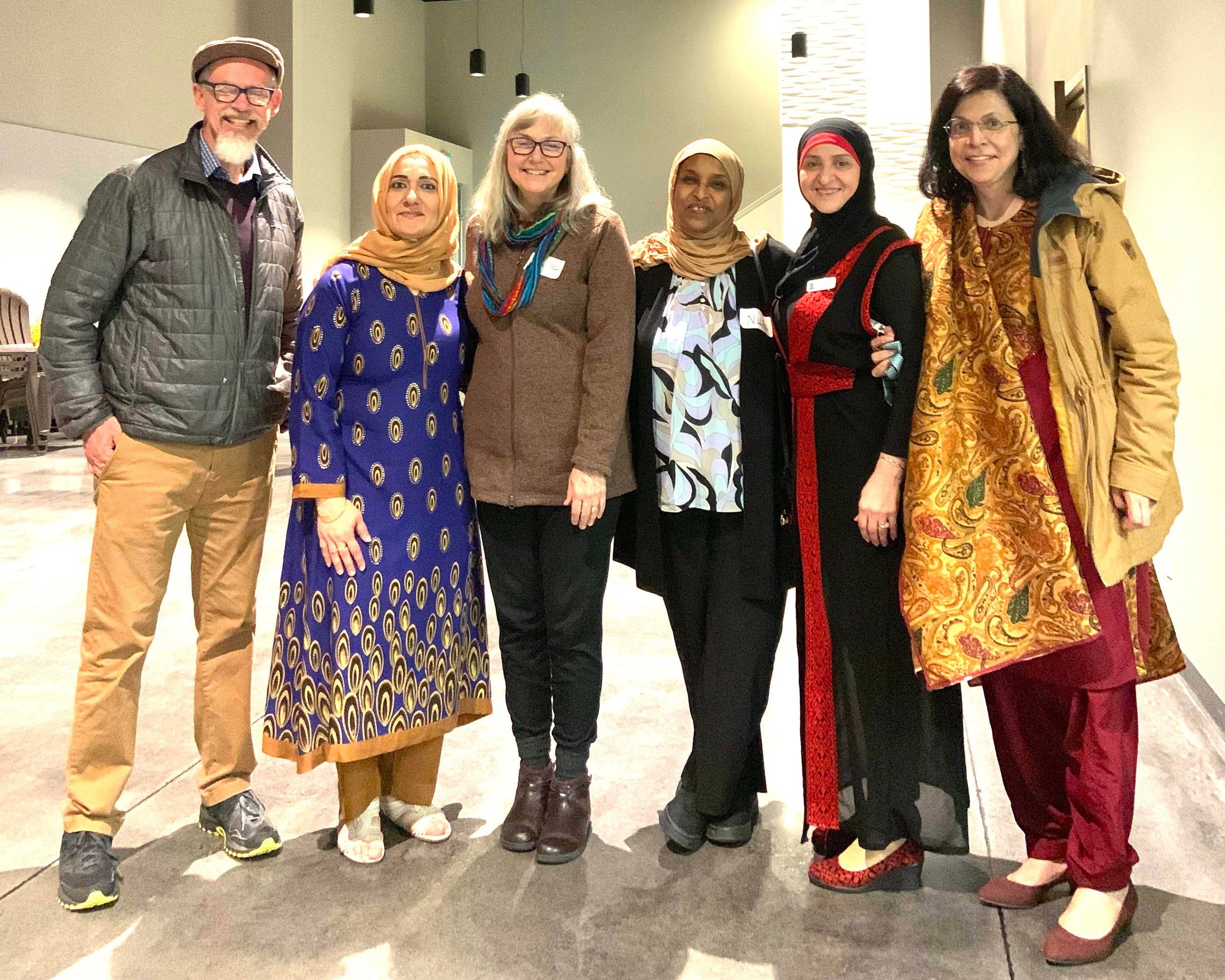I Was Never Taught to Build Bridges!
by Rick Love
As I write this, I'm on a plane from William Jessup University in California, where I just finished teaching an online course on Christian-Muslim-Jewish relations there. I loved the enthusiasm of the students and had a great time teaching the course.
More than once students said something like this: “I was never taught to build bridges. We always focused on our beliefs and the differences between us and others. We want to share our faith but never learned about building bridges of truth and love.”
Why did these students at this evangelical university feel this way? Why weren’t they taught to build bridges?
I think there are lots of reasons for this, but two stand out to me. First, in practice, evangelicals act as if the great commission (“make disciples of all nations”) is more important than the great commandments (love God and neighbor). Some would never say this, but as one who has been part of the evangelical movement since 1970, this has been my experience. Obeying Jesus’s command to “preach the gospel” usually takes precedent over his command to “love your neighbor.”
Second, evangelicals joyfully affirm God’s saving grace, but few have even heard of common grace. My life was radically turned around when I encountered God in the Jesus movement. God’s saving grace ambushed me and I am forever grateful.
But what about this other doctrine called common grace?
Have you ever heard a sermon on it? I haven’t. Neither had my students. Yet God has poured out His common grace on all humanity. What is it?
1. All people enjoy the blessings of the physical world
2. All people have the ability to do good (implying restraint of evil as well)
3. All people have a general knowledge of God or a sense of the divine
4. All people are culture makers
By common grace, unbelievers, not just believers, can do good. In fact, they often do amazing things. And we should see God’s hand in it. We should be grateful that God’s common grace operates in every friendship, every act of kindness, every scientific discovery, every technological advance. Because all of this is ultimately from God.
Common grace also helps us find common ground. In fact, the doctrine of common grace is indispensable for peacemakers. Recognizing good things in others helps us build bridges for peace and partner for human flourishing -- important practices in an increasingly interconnected, multi-cultural world.
Practically speaking, if we obey the great commandments we will be more effective in carrying out the great commission. And if we truly love our neighbors then we will be more motivated to share our faith with them. In addition, a natural (or maybe I should say supernatural) consequence of embracing common grace is that more people will be drawn to saving grace.
However, we don’t obey the great commandments or apply the doctrine of common grace in our relationships as an evangelistic strategy. We do so because it pleases God. We do so because we love God and want to obey Him.
Followers of Jesus don’t have the option of choosing one command or doctrine over the other. We must obey all that Jesus commanded. We emphasize BOTH the great commission and the great commandments. We prioritize BOTH saving grace and common grace. As my friend Rich Nathan says so profoundly, we need to be 'both-and' thinkers in an 'either-or' world.
And when we do this, more and more people will begin building bridges of truth and love!










